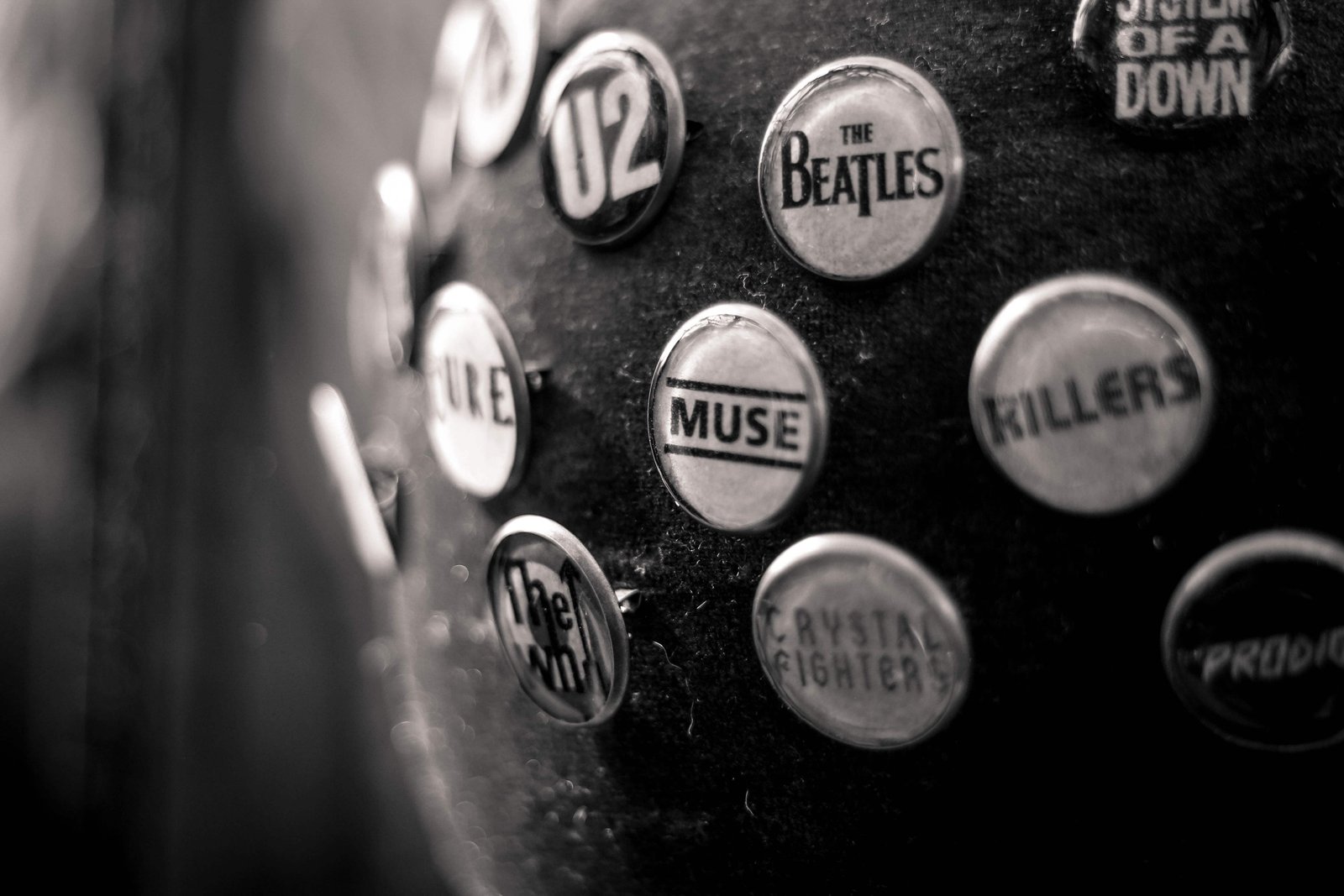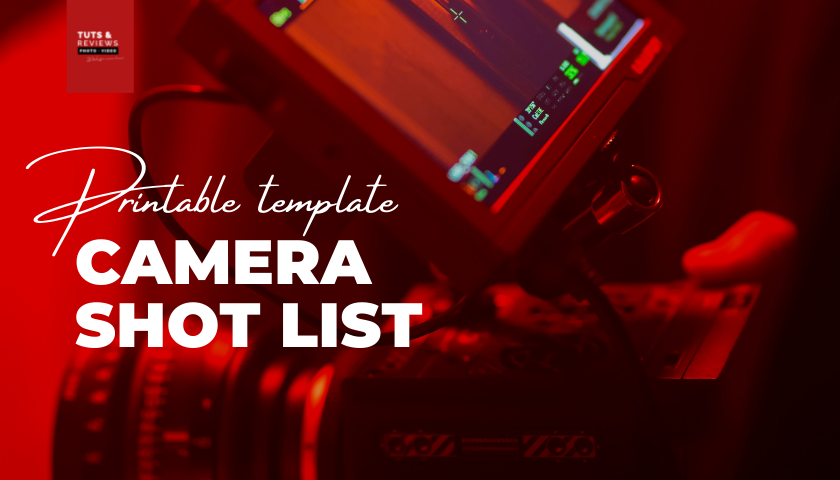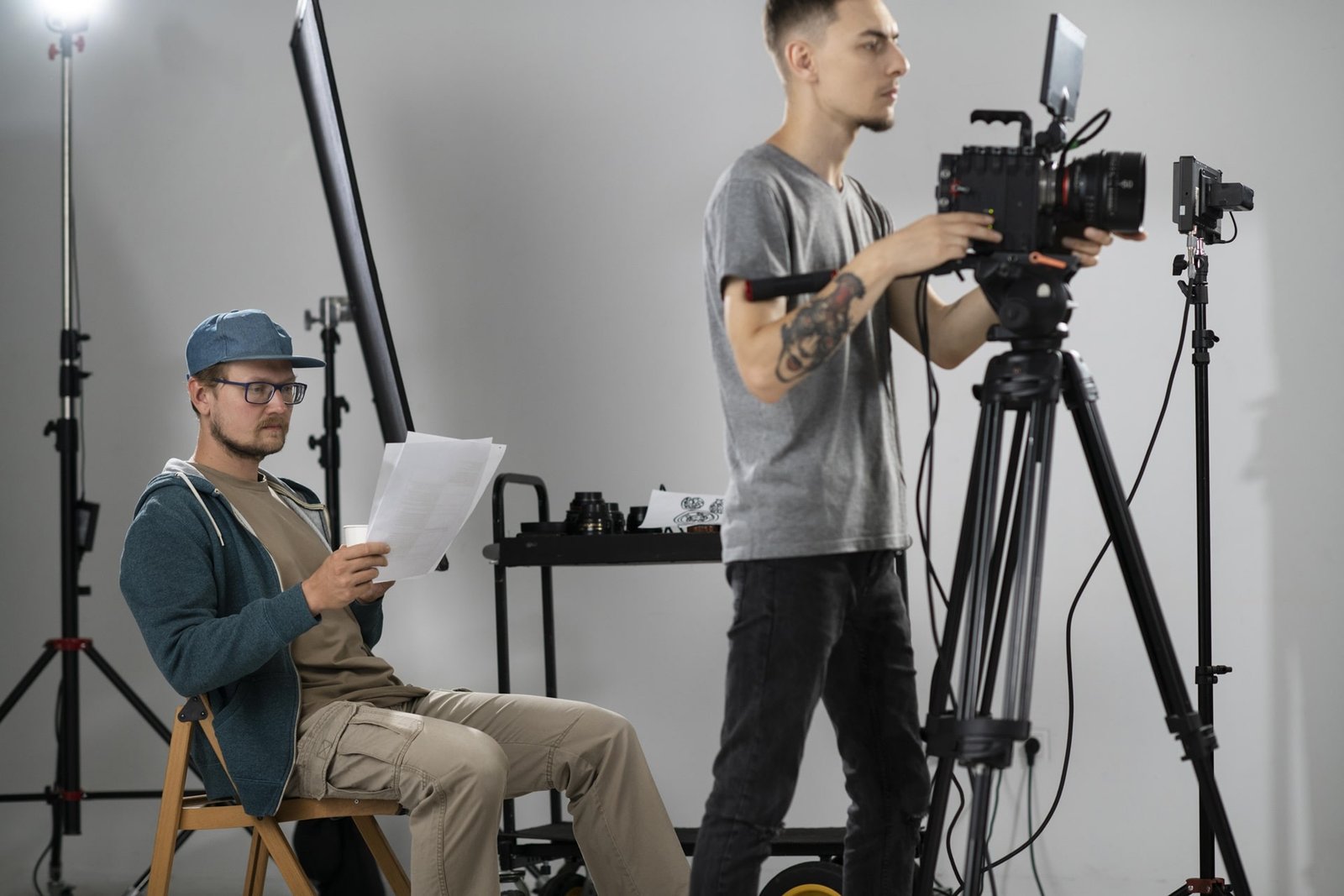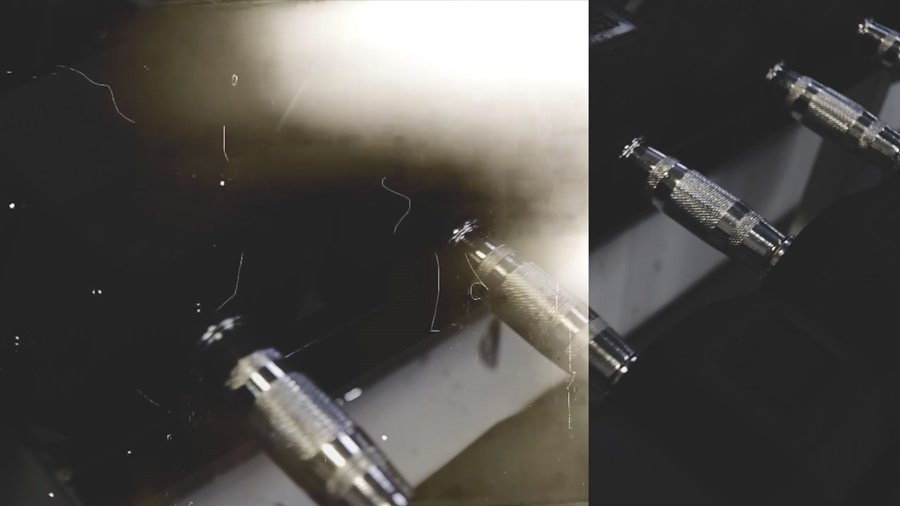The main problem for filmmakers in choosing a soundtrack for their own film, first of all, is the legality of its acquisition from a particular company. The issue of copyrights concerns the legal aspect of a filmmaking, the compliance with laws and the belief that there will be no claims to your film project.
For sure you are familiar with the cases of blocking a video on Youtube, where an illegal audio record was used. Google Corp., which owns this video portal, uses its search engine to detect illegal music. New laws and websites that violate copyrights appear. All these make us more attentive to the choice of the soundtrack for the film.
The expiration date of the copyright
Any music has its own author, who has the right to decide where and when to use his work. At the same time, the most popular performers require fabulous fees, which only the largest film companies can pay. Recently the European Union changed the rules for the transition of musical works into public property. The European Union agreed to extend the term of copyright from 50 to 70 years. The initiators were representatives of The Beatles and other rock bands of the 60s. The reason for this was the fact that during the life the authors could have lost the rights to their music.
In the United States the authors have the right to receive fees for their musical works throughout their lives. And their heirs – for 70 years after their death. For record companies the copyright period is 125 years from the creation of the work or 95 years after its publication.
Moreover, even if you want to use the classical music of Bach, Mozart or Tchaikovsky who lived many years ago and do not fall under the copyright law, then you have another difficulty. This piece is performed by musicians, who also need to solve a couple of legal issues. Therefore, you need someone who will perform classics and renounce their exclusive rights to write. Nevertheless, there is a Musopen site, which has worked on this issue for the donations of the participants. And now it provides all the visitors with high-quality classical music.
Creative Commons
Creative Commons is a licensing organization where authors and rights holders distribute their works more widely and freely. And content consumers easily use these works. Under the copyright law in most countries all rights automatically belong to authors. Creative Commons make it possible to transfer certain rights of the public through the ready-made licenses recognized by the legal laws of many countries. By the way, Google carries out the advanced search under the licensed content.
There are several Creative Commons licenses. But the most popular ones are CC Attribution-ShareAlike and CC Attribution Non-commercial Share Alike. Thanks to Creative Commons for beginner filmmakers, there are great opportunities to use a variety of music for educational and non-commercial purposes.
Also there is a specialized site Jamendo (jamendo.com), where everyone can place compositions of their own production and specify the type of license. And all the others have the right to use this music in accordance with the license. The site has a section Pro, where you should pay quite an impressive amount if you need a track for commercial use or for other reasons.
Some famous musicians make advances with filmmakers. For example, Moby on his website mobygratis.com offers free use of some of his music for independent filmmakers and film enthusiasts in non-commercial or non-professional films. For commercial use, there is license at a reasonable price, and the profits go to charity.
Production Libraries
The music in the film can be original (a specially invited composer is more convenient for an accurate combination with the image), composite (based on various samples previously recorded by different performers) or selected from production libraries.
Production libraries are resources with music exist specifically for the film and media products. To create an original musical sound, you do not have to attract the necessary specialists every time. Production music is composed and recorded earlier specially for the use in typical works. As a rule, the sound of works of production libraries is unified. That means it has a commercially proven form and filing style for the use in a particular production. For example, tense moments in a thriller, romantic melodrama melody, aggressive track in an action movie, pathos for epic genres, etc.. In addition, initially the producers of production libraries has the copyright and related rights to works. And this greatly simplifies the process of legitimate use of products of the library.
The quality of this music is not worse, and in some cases even higher than that of high-budget projects. The producers of production libraries don’t depend on the time frame and, to some extent, the financial framework. And they can attract almost any means (composers, performers, orchestras) to create a verified musical image.
There is a huge number of production libraries that offer music for every taste. There is even an Association of Musical Libraries. Prices range from $10 to several thousand per track, depending on where and how it will be used. There are some xamples: sounddogs, gettyimages, audionetwork, freeplaymusic. Hollywood studios have even their own production libraries (Universal).
Professional musicians
If you need a more subtle and serious work on the soundtrack or background accompaniment, then contact the professionals directly. Surely in your city there are professional studios with which you can find a common language. But you have to take into account that the cost of working with studios directly depends on the number of hours spent. And it can turn into a large amount.
Try to study this issue in social networks and specialized sites. Look for freelancers ready to write music, but with whom you will only have to communicate on the Internet. Perhaps there are people on the other side of the city or country who want to work on an interesting project for a portfolio or for a nominal fee. Or maybe among your friends there are musicians who are ready to work on your film for free. With them you can spend more time discussing your idea and experimenting with sound effects.
Write by yourself
If you feel your strength and creativity, then try to write music by yourself. There are many programs (FruityLoops, MixCraft, Acid Music Studio) where you can select the right samples and compose the desired melody. Especially if it’s unobtrusive background music. Here you have the main advantage – you are not limited in time and no one requires money from you.
Tuts and Reviews is a photography & filmmaking resource site. We find and feature freebies that we have found around the web from trusted sites and photographers as well as video or film creators. Make sure to browse our listing in the Freebies section! We also create our own digital products (free & paid) which you can check in our shop.








